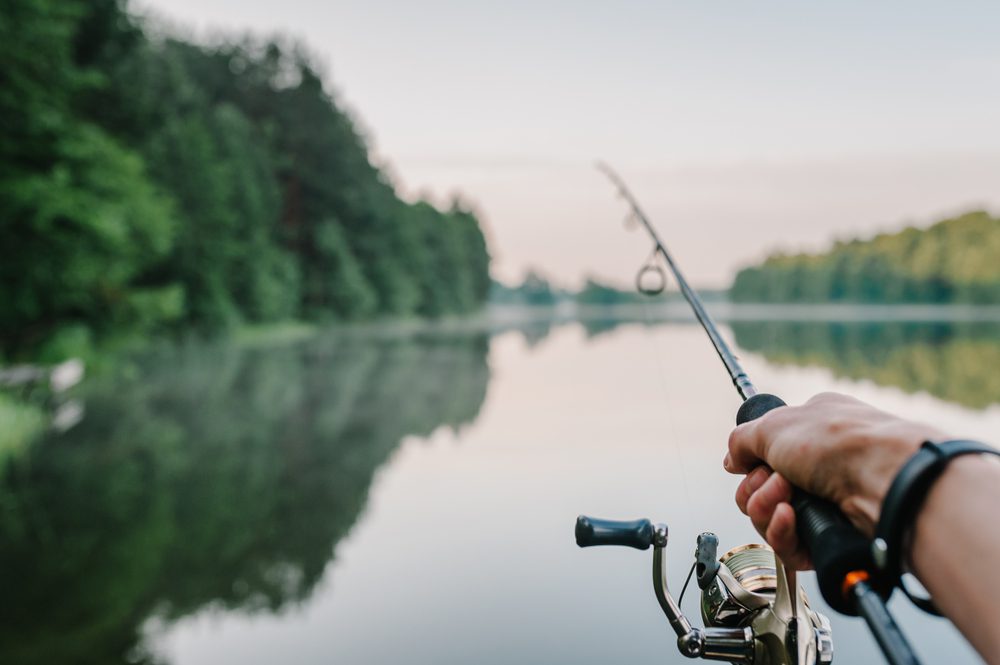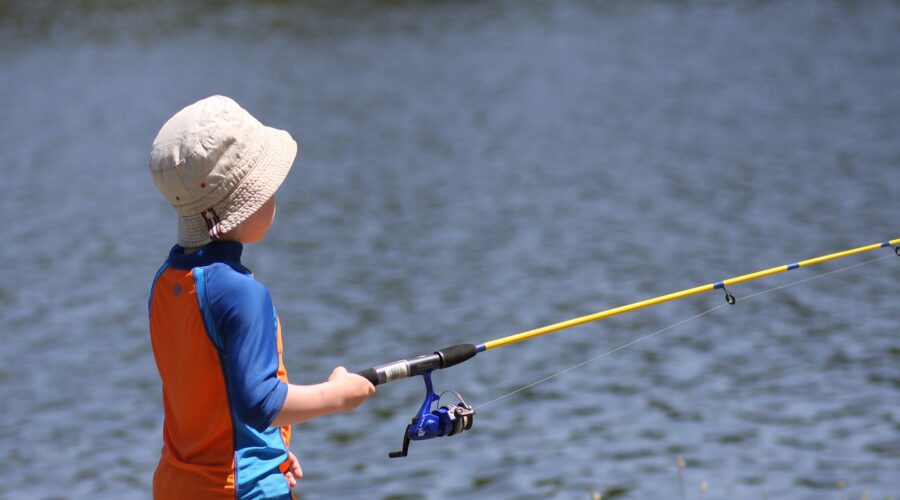Which Lure Should I Use for Freshwater Fishing?
With so many different pieces of equipment to keep track of — rods, reels, and lines — you might get a little overwhelmed when trying to pick the right lure for lakes, ponds, and rivers. While the best choice depends on the fish, cover, and water temperature, you’ll find that you can easily get away with a handful of different lures no matter where you’re fishing. Here are four lures to consider using on your next freshwater fishing trip.
Live Bait
Live bait is the most natural way to attract fish to your line. Many fishermen prefer live bait because it has a texture, taste, and smell that artificial bait can’t quite beat. But keep in mind that live bait does require proper storage, acclimation, and cleanup. If you want to use live bait in a freshwater setting, you’ll need to use bait that would normally live in the area you’re fishing in. Some of the most common live bait options to use in freshwater include:
- Worms
- Leeches
- Insects
- Minnows
Fishing Jigs
Decorated with either a feather, rubber, or plastic tale, jigs are a top choice for freshwater fisherman casting in water of virtually any temperature. Jigs typically feature a weighted head on one end of the lure and a single hook on the other end. Perfect for catching bass and other freshwater game, jigs are great fishing tools in shallow and deep bodies of water.

Plastic Baits
Made with lightweight plastic, plastic baits are an affordable option. Most plastic baits are scented specifically to attract fish in ways that other lures can’t. Depending on the location you’re fishing in, you can customize your plastic bait with weights, jig heads, or spinners. Ideal for largemouth bass fishing, plastic baits are molded to resemble live bait such as:
- Minnows
- Crayfish
- Frogs
- Worms
- Lizards
Spoon Lures
Metallic, round, and reflective, spoon lures are incredibly popular among fishermen in lakes, ponds, and other freshwater areas. That’s because they effectively catch light and reflect it to attract fish. Shop for spoon lures depending on the type of cover and game you expect to encounter, selecting from small, medium, and large options with either a single or treble hook. Not only are these lures dependable in a number of fishing scenarios, but they’re also offered in a range of colors.
Freshwater Fish Camp in Central Florida
If you’re looking for even more tips and tools to get all the hits on your next fishing trip, stop by Grape Hammock Fish Camp. From boat rentals to on-site bait sales, you can fully immerse yourself in fishing without ever having to leave the camp. To book your trip to Grape Hammock, contact us today.








